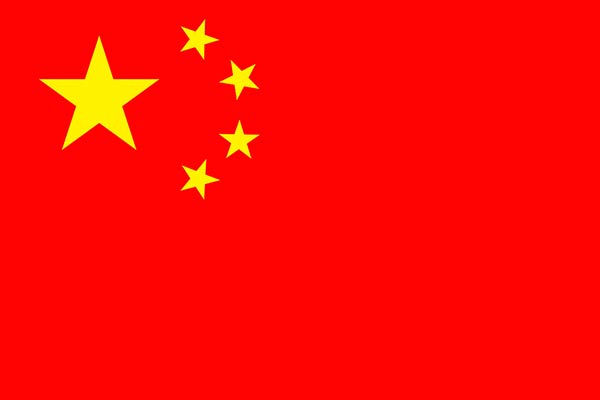School-leaving examination stress and the scramble to make it into the countrys much-too-few excellent colleges is not a peculiarly Indian phenomenon. For millions of Chinese teenagers awaiting the outcome of their final high school exams, known as the gaokao (literally high-test) for university entrance, written in June, papers are as tough and stakes as high. Gaokao results are the only criterion for admission; there are no interviews, and ‘questions can be bafflingly obtuse. For instance the essay portion of Beijings exam this year invited students to reflect and ruminate on the expression: Looking at the stars, with your feet on the ground.This exam test covers everything the students have studied since kindergarten. They last two days and at the end of them a students whole future is decided. Many Chinese find it all unbearably stressful. Every year there are reports of exam-time suicides, leading to June being termed the ‘black month by Chinas youth.
Competition is fierce, as nearly 10 million students will be battling for an estimated 6.6 million university places. Chinas economic boom means that more people are able to pay for higher education and get ahead, while the majority of poorer and uneducated adolescent Chinese fill the countrys retail and service industries.
Getting into a good college such as the countrys equivalents of Oxbridge, Beijings Tsinghua, or Peking University, can lead to jobs with western corporations or to elite civil service positions. The ones who miss out will find spots in provincial universities or enrol in one of Chinas less selective private institutions. But around 40 percent will fail.
Chloe Xu, who studies at Guilin No. 7 high school, admits the exams are incredibly stressful. I have been studying from the moment I wake up to past midnight, she says. But, asked if she thinks the system is unfair, she replies that the exams allow everyone an equal opportunity as people without money or connections can still get places. But corruption is a long-standing problem and the media often reports instances of bribery and cheating.
The questions are somewhat different from the average Plus Two exam. Some are politically tinged, for example, about whether US politics is dominated by money. Others are cryptic. In Nanjing this year students were given the essay title, ‘Recovering childhood. Its a topic that might seem poignantly ironic for stressed teenagers.
(Excerpted and adapted from The Guardian)
